If the ancient Greek gods walked the earth today I would not be more in awe than I am about the World Series between the Los Angeles Dodgers and the New York Yankees. Things of great antiquity, grandeur, and splendor demand reverence, like the Rocky Mountains, the Great Pyramid of Giza, and the rivalry between baseball’s two great teams.
God made the earth in seven days. On the eighth, he made baseball—and the good boys in blue immediately faced off against the damn Yankees.
That, at least, is how my 10-year-old brain processed baseball when I first learned the legends of the game. Under my dad’s tutelage, I absorbed the legends and myths of the Dodgers’ rivalries. With the San Francisco Giants, yes, but that regular-season rivalry played out dozens of times every year.
Much rarer and more hallowed was the rivalry with the hated Yankees. With the Dodgers in the National League and the Yankees in the American League, and interleague play still decades away, the two could meet only in the World Series, despite playing just miles away from each other in New York. (It was a cross-town rivalry then, as the Dodgers were still in their ancestral Brooklyn hearth). Their first ever encounter came in 1941, mere months after the gods left Earth and human history began (in 1939, with war).
That first series included an oddity that established the Dodgers as perennial underdogs. On what should have been the final pitch of Game 4, with the Dodgers posed to win the game and tie the series, the Yankee batter swung and missed for strike three—but the catcher dropped the ball. One of the sport’s idiosyncratic rules gives the hitter in that situation a chance to take first base, which he did. The Yankees rallied, won the game, and went on to win the series. The Dodger pitcher was credited with a strikeout—but also the loss.
As every Dodger fan knows, the Dodgers are the best in the world at coming in second place.
The teams met again—and again and again—from 1947 through 1963. A string of Dodger losses to the Yankees in 1947, ’49, ’52, and ’53 taught Dodger fans the refrain, “Wait ‘till next year.” As America emerged from war into Cold War, baseball reached its zenith in the nation’s consciousness, and “next year” finally came with the greatest thing ever to happen in world history: the 1955 World Series.
The Dodgers were the upstarts, the blue-collar Brooklyn Bums, the ramshackle team that just so happened to include Jackie Robinson, the first African American to break into the major leagues in the 20th century. The Yankees, for their part, were pinstriped baseball royalty, the Bronx Bombers.
The 1955 Series was pure legend. The two teams’ rosters included a combined 12 future Hall of Famers, including Robinson, Mickey Mantle, and Yankees catcher Yogi Berra. Robinson stole home in Game 1, one of the hardest feats in baseball, while Dodger sluggers Carl Furillo and Duke Snider smacked home runs. The Dodgers lost that game and the next, but turned the tables in Game 3. Mantle hit a magnificent home run, but the Dodgers pounded out 11 hits. They carried that momentum through Game 4 with a whopping 14 hits, including home runs by Snider, Gil Hodges, and Roy Campanella—the Dodgers catcher who, four years later, would be paralyzed in a car accident—tying the series at two games apiece.
Brooklyn took Game 5 with home runs from Snider (again) and Cuban left fielder Sandy Amoros, but the Dodgers were shut out in Game 6, setting up the winner-take-all Game 7. Pitcher Johnny Podres had shut out the Yankees in Game 3, and he did it again in the final game to earn World Series MVP honors.
It was the Dodgers’ first World Series win, their first victory over the Yankees, and their only championship in Brooklyn. Baseball had finally become a truly national pastime, just as television was conquering living rooms and highways were stitching a nation together. Some things in creation are unadulterated truth, goodness, and beauty: Handel’s Messiah, Tolkien’s Lord of the Rings, and the 1955 World Series.
The Dodgers lost a rematch next year—and were on the wrong end of the first and only perfect game in World Series history, by the Yankees’ Don Larsen. Then baseball moved West. The newly styled Los Angeles Dodgers won a World Series against the Chicago White Sox in 1959 and, remarkably, swept the Yankees in four straight games in the 1963 Series behind the pitching of “the Left Arm of God,” Sandy Koufax. Koufax was not the first Jewish baseball star (Hall of Famer Hank Greenberg debuted in 1933), but the one who left the biggest impression: Koufax famously refused to pitch Game 1 of the 1965 World Series because it fell on Yom Kippur.
No two teams have met in the World Series more often than the Dodgers and Yankees: 11 times between 1941 and 1981. After two more losses in ’77 and ’78 (thanks to Yankee slugger Reggie Jackson, who was so good in the postseason he earned the nickname “Mr. October”), the Dodgers won the last matchup in ’81 with the help of Mexican pitching phenom Fernando Valenzuela, the only pitcher in history to win Rookie of the Year and the Cy Young Award in the same year (unless the Pirates’ mustachioed maestro Paul Skeenes manages the feat this year). Valenzuela—who passed away this week, sadly—was immensely popular, inspiring “Fernandomania” throughout California and Mexico in the early and mid-1980s.
“As every Dodger fan knows, the Dodgers are best in the world at coming in second place.”
After 43 years, the rivalry is back and ready for lore. Mantle’s mantle has passed to Aaron Judge, who two years ago broke the American League single-season home run record. The Yankees also have Dominican Juan Soto, who seemed to appear in every possible clutch situation this postseason and deliver. And they have Giancarlo Stanton, who recently surpassed Babe Ruth on the Yankees’ postseason home runs list.
But the Dodgers have Mookie Betts. If you asked, in 2018, “What did Mookie Betts win?” the answer was “Yes”: MVP, Gold Glove, Silver Slugger, the batting title, and the World Series (for the Red Sox, sadly). The Dodgers also have 2020 MVP Freddie Freeman, two-time All-Star Teoscar Hernández, and Enrique Hernandez, who on average bats 60 points higher and hits double the home runs in the postseason.
And the Dodgers have Shohei Ohtani, the Japanese superstar who is, unprecedentedly, both an elite pitcher and an elite hitter. Already among the greatest ever to play the game, Ohtani became the first player ever to hit 50 home runs and steal 50 bases in a single season (despite a yearlong recovery from surgery). Baseball has been around for 185 years; it has never seen a player like him.
Some fans may be skeptical that anyone needs to see a 12th Dodgers-Yankees World Series. I disagree. Every generation deserves to get its own version of the legend. With Ohtani and Judge, Soto and Betts, Stanton and Freeman, the 2024 World Series is poised to be a battle of the baseball gods, an all-American Ragnarök. If you know none of the history, enjoy it for being the best baseball you’ll ever see and one of the greatest global gatherings of athletic talent outside of the Olympics. And if you do know the history, savor the return of the Boys of Summer.
The world may be burning, but for a few hours this fall, within the clear lines of the baseball diamond, there is something good and true and beautiful. Shared memories of such things—not of the baseball itself, but of the goodness, the beauty, the joy that emerge from it—can sustain us for the days and years ahead.
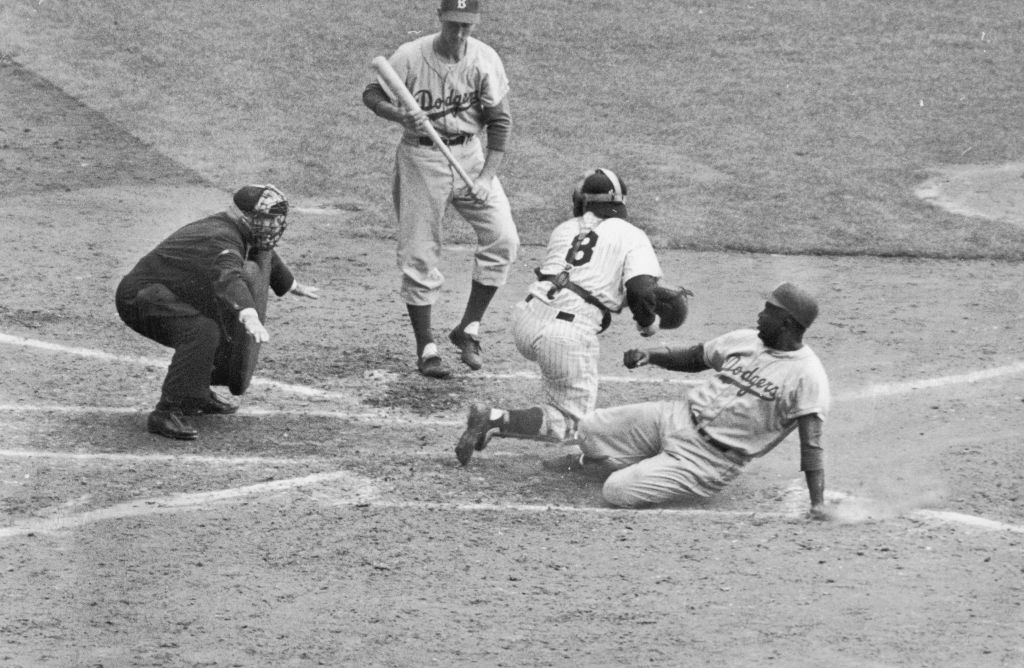

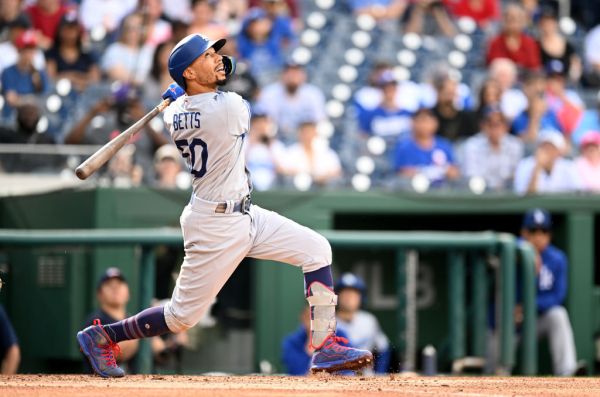
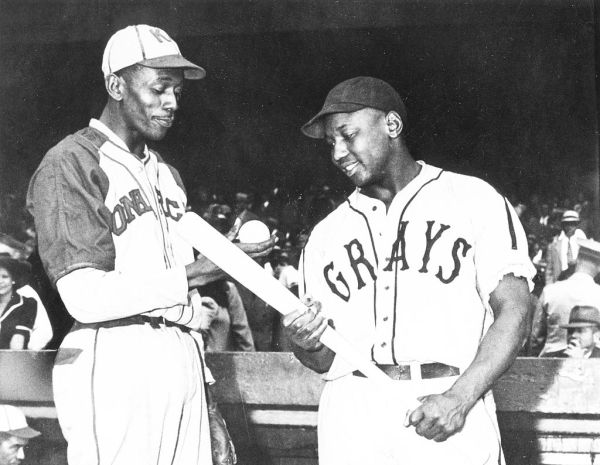
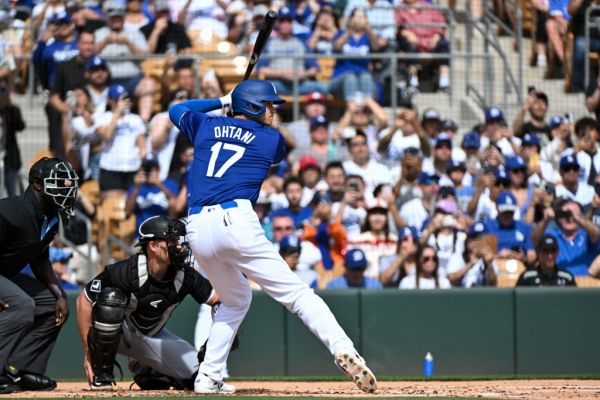
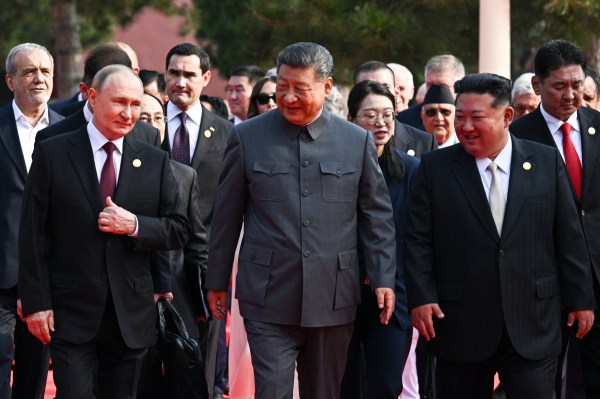
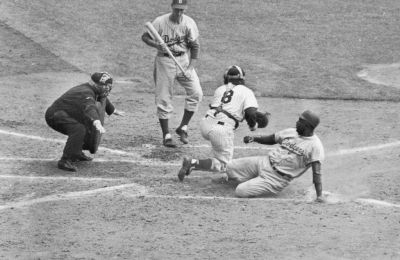
Please note that we at The Dispatch hold ourselves, our work, and our commenters to a higher standard than other places on the internet. We welcome comments that foster genuine debate or discussion—including comments critical of us or our work—but responses that include ad hominem attacks on fellow Dispatch members or are intended to stoke fear and anger may be moderated.
With your membership, you only have the ability to comment on The Morning Dispatch articles. Consider upgrading to join the conversation everywhere.